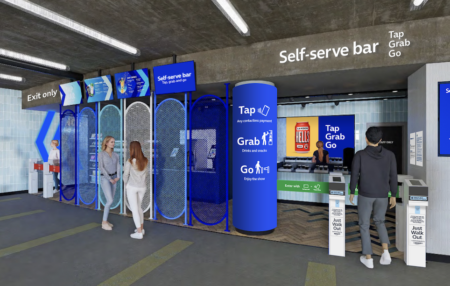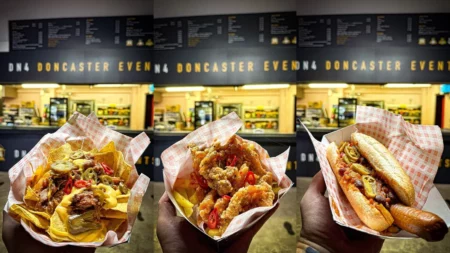Questions remain among sports venue owners, sports hospitality and food service companies about what exactly will happen when doors are re-opened after the Covid-19 shutdown.
For the past eight weeks, Food Service Matters (FSM), a sports and hospitality advocacy and advisory group, has been working with a roster of major league sports venues and entertainment promoters to develop a comprehensive blueprint to help guide the food and beverage industry as they work on plans provide a new experience when live events resume.
“Our priority during the pandemic has been to provide ongoing support and guidance to our partners so they can restructure their operations and acclimate to the ever-changing environment,” said Mike Plutino, FSM Founder and CEO.
FSM claims the food and beverage industry is evolving at such a rapid pace that it’s causing hospitality providers to make decisions just as quickly in an effort to evolve their business models and remain as fluid as possible in this unpredictable environment. Couple that task with the issue of opening a sports and entertainment facility, and what you have is a complex dynamic that requires multi-level strategic planning and innovation.
Plutino and his team have been focusing on the economic impact of the crisis in 2020 and beyond, as well as how technology, workforce changes, and existing food service agreements will have to be modified to be most successful
“We are participating in several venue-specific task forces around the country at the moment and the main objective for each team is to generate a plan that will instill confidence in employees and fans upon return and providing an excellent and safe fan experience,” said Plutino.
They have also been guiding client venues on managing the financial challenges of anticipated reduced stadium attendance. “Given the goals of building confidence of staff and fans, we anticipate the potential for new deal structures emerging as foodservice companies and sports teams work together in true partnership to establish fair and equitable agreements given the reduction in attendance for 2020.”
The main areas of focus discussed with the task force teams and outlined in the FSM Covid-19 blueprint includes: foodservice agreement reviews to mitigate short-term losses for all stakeholders; sanitation and hygiene standards; technology and infrastructure enhancements for a touch-free environment; menu engineering strategies to account for reduced capacity, limited line queuing, and more individualized products; clear internal and external communication strategies to instill confidence.
Food Service Matters intends to focus on building a new model and driving fan engagement as they guide their partners through this turbulent time in the industry. “FSM’s goal for the next 6 months is to provide comprehensive, yet nimble, tools for owners and venue managers to use as they develop their plans and implement changes in anticipation of welcoming fans back to their facilities,” said Plutino.





